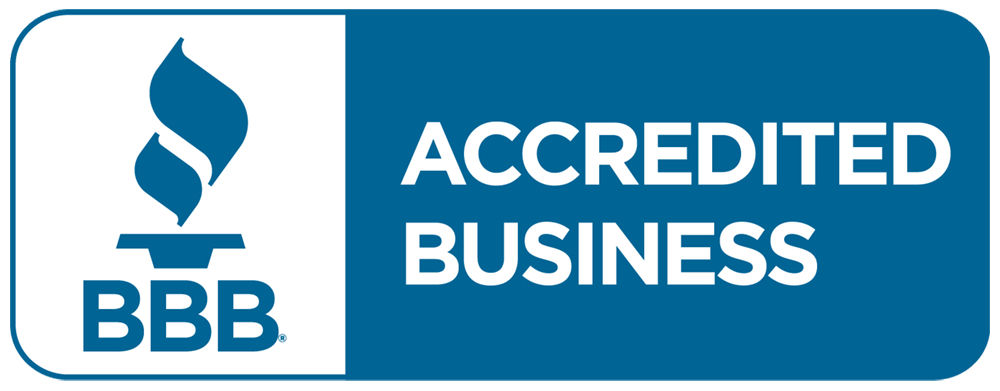Our mental and physical health are tightly linked. Few things demonstrate this as well as financial stress – one of the most common sources of anxiety. According to one health insurer, nearly three out of every four Americans say they occasionally stress about money. Meanwhile, 22% say they feel “extreme” stress due to finances.
This constant tension has consequences. For example, this type of stress can impact your nervous system, which may lead to poor, inconsistent sleep. Research has linked financial stress to heart disease, diabetes and stroke. And Americans say they may eat unhealthy foods or smoke as a way to help cope.
Bankruptcy offers a path to relief from this stress. But this prospect comes with its own set of challenging mental hurdles.
Guilt, failure and shame
There is a stigma associated with bankruptcy, one that makes feelings of guilt and shame swirl in many struggling individuals. This is because many people tie their bank accounts to their self-worth. If you aren’t making money, the thinking is, then you’re failing.
That’s simply not true, U.S. News and World Report explains. Many individuals are affected by things over which they have no control. How could you possibly plan for events such as a once-in-a-century global health and economic crisis, an expensive hospital stay and procedure, or the abrupt end to a long-term relationship?
These are all common reasons for debt problems and bankruptcy. Being subject to these events does not make anyone a bad person or a poor financial planner. Instead, it means circumstances outside of your control came crashing down on you like a wave.
Finding peace
Anyone can overcome this fear. All it takes is a few key steps:
- Disconnect your self-esteem from your finances
- Identify the factors that were out of your control – and don’t let them bring you down
- Discuss your worries with others, to help put things in perspective
- Take time to ask questions and understand the bankruptcy process
Bankruptcy is not an admission of wrongdoing. It’s an option for people who were pushed into a difficult spot. It gives you the space needed to get out from under that towering burden and set yourself up for a fresh start.



